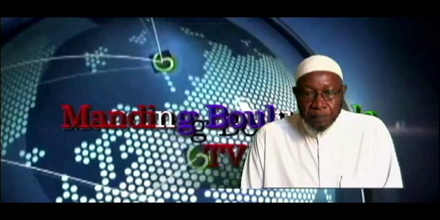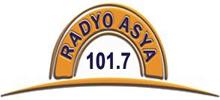Islamic talk is a unique and evolving genre within the global music landscape, blending spiritual discourse with melodious intonations to create an immersive auditory experience. Originating from the Islamic tradition of reciting and discussing religious texts, this genre has transcended its traditional boundaries to incorporate elements of contemporary music production. At its core, Islamic talk revolves around the recitation of Quranic verses, Hadith (sayings of the Prophet Muhammad), and other Islamic literature, often accompanied by instrumental backing that enhances the spiritual ambiance.
The vocal delivery in Islamic talk is characterized by a deep, resonant tone that conveys both authority and serenity. Reciters, known as Qaris or Hafiz, employ techniques such as Tajweed—the proper pronunciation of Quranic Arabic—to ensure accuracy and reverence. The melodies are often slow and contemplative, designed to facilitate reflection and meditation on the sacred texts being recited. This deliberate pacing allows listeners to absorb the profound messages embedded in the verses.
Instrumentation in Islamic talk varies widely, ranging from traditional Middle Eastern instruments like the oud, qanun, and ney to modern synthesizers and electronic beats. The use of percussion is minimal, with instruments such as the daff (frame drum) or the riq (tambourine) adding subtle rhythmic textures without overshadowing the vocal performance. The integration of these diverse musical elements creates a rich tapestry that appeals to both traditionalists and those seeking a more contemporary spiritual experience.
One of the defining features of Islamic talk is its thematic depth. Topics covered in this genre can span a wide array of subjects, from the fundamental beliefs of Islam—such as the oneness of God (Tawheed) and the prophethood of Muhammad—to ethical guidelines, social justice, and personal spirituality. Reciters often delve into philosophical discussions, exploring the metaphysical dimensions of Islamic faith and its practical applications in daily life.
The genre has seen a resurgence in popularity with the advent of digital media. Platforms like YouTube, Spotify, and Apple Music have made Islamic talk accessible to a global audience, breaking down geographical barriers and fostering a sense of unity among Muslims worldwide. This accessibility has also led to collaborations between reciters from different regions, blending various linguistic accents and musical styles to create a more inclusive and diverse sound.
In addition to its spiritual significance, Islamic talk serves as an educational tool, providing listeners with insights into the rich tapestry of Islamic thought and practice. Reciters often incorporate scholarly interpretations and historical context, making complex religious concepts more understandable and relatable. This educational aspect is particularly valuable for younger generations seeking to deepen their understanding of Islam in a modern world.
The visual component of Islamic talk performances is equally important. Many reciters accompany their vocal performances with calligraphy or digital animations that depict Quranic verses and Islamic symbols. These visual elements not only enhance the aesthetic appeal but also serve as a means of reinforcing the spiritual messages being conveyed through the music.
Islamic talk has also influenced other genres, leading to the creation of hybrid styles such as Nasheeds—contemporary Islamic songs without instrumental accompaniment—and Sufi-inspired devotional music. These hybrids often incorporate elements of Islamic talk, such as recitation and thematic depth, while experimenting with different musical structures and rhythms.
In conclusion, Islamic talk is a multifaceted genre that combines the sacred with the artistic, creating a unique spiritual experience for listeners. Its blend of traditional recitation techniques, diverse instrumentation, and profound thematic content makes it a powerful medium for both personal reflection and communal worship. As it continues to evolve, Islamic talk remains a testament to the enduring relevance and adaptability of Islamic spirituality in the modern world.
 Radyo 7Radyo 7
Radyo 7Radyo 7 2k
2k
 1
Turkey, İstanbul Islamic talk 128 kbps MP3
1
Turkey, İstanbul Islamic talk 128 kbps MP3 Moral FMMoral FM
Moral FMMoral FM 1.2k
1.2k
 2
Turkey Islamic talk
2
Turkey Islamic talk Radyo TuluRadyo Tulu
Radyo TuluRadyo Tulu 341
341
 1
Turkey Islamic talk 96 kbps MP3
1
Turkey Islamic talk 96 kbps MP3







